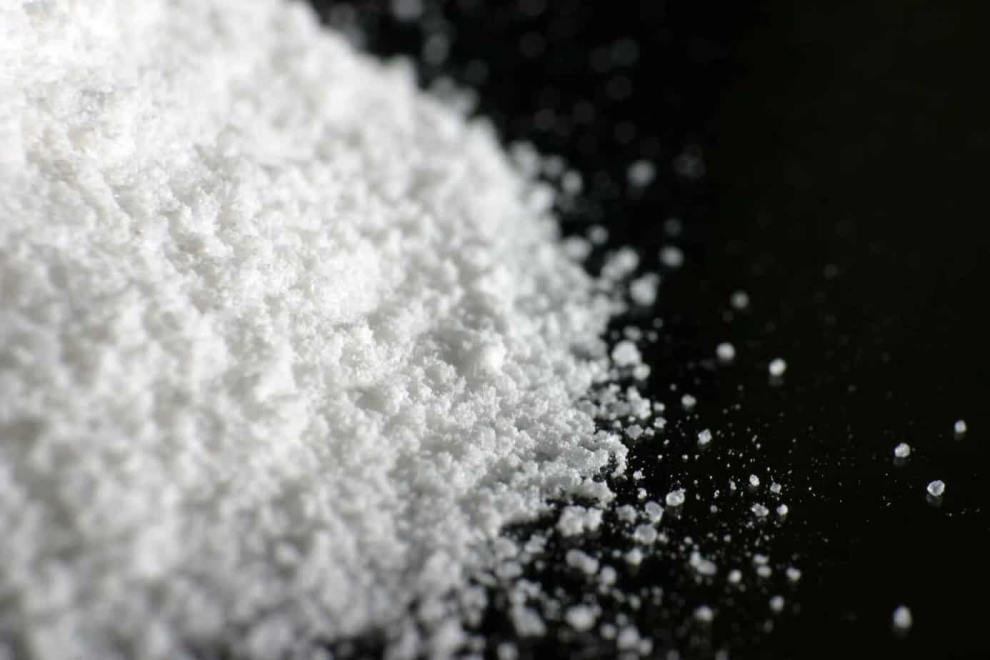Wales is witnessing a troubling surge in ketamine use, particularly among young people and within underground dance music scenes. The drug, originally used as an anesthetic, has become a common feature at festivals, raves, and university nightlife. However, many users are unaware of the severe health risks, and its Class B classification under UK drug laws gives the false impression that it is safer than Class A substances like cocaine or MDMA.
With ketamine-related deaths rising sharply since 2013 and increasing reports of bladder damage, memory loss, and overdoses, campaigners and health experts are now calling for the UK government to reclassify ketamine as a Class A drug.
A deadly rise: Ketamine deaths have soared
According to the Office for National Statistics (ONS), the number of ketamine-related deaths in England and Wales has increased significantly over the past decade:
- In 2013, there were just 6 deaths linked to ketamine.
- By 2023, that number had jumped to 91 deaths—more than a tenfold increase.
Experts warn that these figures may not fully capture the extent of the crisis, as ketamine is often detected in toxicology reports alongside other substances, making it difficult to attribute deaths solely to its use. In Wales, drug support charities and health services report an alarming rise in ketamine-related hospital admissions, with young users frequently unaware of the life-threatening risks.
The false sense of safety: Should ketamine be class A?
Despite its increasing popularity, ketamine poses serious health risks, yet its current Class B status may lead users to underestimate its dangers. Under UK law:
- Class A drugs (e.g., heroin, cocaine, MDMA) are considered the most dangerous and carry the highest penalties.
- Class B drugs (e.g., ketamine, cannabis, amphetamines) are seen as less harmful, with lower penalties for possession and supply.
The fact that ketamine is not Class A may contribute to young people perceiving it as less harmful than it truly is. Drug experts argue that its long-term effects—particularly bladder damage and addiction—are just as devastating as those of Class A substances.
Health professionals and addiction experts are now urging the UK government to reconsider its classification, warning that failure to act could lead to even more deaths and serious health complications.
Ketamine’s growing role in dance music culture
Ketamine’s presence in underground dance music subcultures has grown significantly. While MDMA and cocaine have long dominated club scenes, ketamine is increasingly used in electronic music events, particularly in genres like minimal techno, psytrance, and UK bass music.
Its dissociative effects appeal to users looking for a “trippy” or dreamlike experience, particularly at raves and afterparties. However, many festival-goers and clubbers underestimate the risks, especially when mixing ketamine with alcohol or MDMA—a combination that can be deadly.
The dangers of ketamine
Many young users are unaware of the severe long-term damage ketamine can cause, including:
- Bladder and kidney damage (Ketamine Bladder Syndrome) – Frequent use can lead to permanent incontinence, with some users requiring surgical bladder removal.
- Severe memory loss and cognitive impairment – Long-term use affects learning, coordination, and decision-making.
- Risk of unconsciousness and overdose – Ketamine can cause breathing difficulties and blackouts, especially when combined with alcohol or other drugs.
- Psychological dependence – Users can become addicted, increasing the risk of long-term harm.
Harm reduction organisations warn that young people are particularly vulnerable, as bladder damage can occur after only a short period of use, even for those in their teens and early twenties.
develop after only a short period of use, even in those in their teens and early twenties.
Potential medical uses of ketamine
While ketamine is widely misused as a recreational drug, some medical studies have suggested that it may have potential benefits in treating severe depression and other mental health conditions. Research has indicated that low doses of ketamine, administered under medical supervision, can provide rapid relief for individuals suffering from treatment-resistant depression. Some clinics in the UK and globally have begun using ketamine-based treatments in controlled environments. However, experts warn that this does not justify its widespread recreational use, as unregulated consumption carries significant risks.
The need for action: What can be done?
With ketamine use continuing to rise, experts and campaigners are urging the UK government to take action by:
- Reclassifying ketamine as a Class A drug – Sending a stronger message about its dangers and increasing penalties for supply.
- Improving education and harm reduction efforts – Many young users do not know the risks; more awareness campaigns are needed.
- Providing better support for addiction and recovery – Ensuring that those struggling with ketamine dependency have access to treatment and mental health services.
Where to get help
If you or someone you know is struggling with ketamine use, help is available. Several organizations across the UK offer confidential support and advice:
- Barod (Wales-based drug and alcohol support) – 📞 0808 808 2234 | 🌍 www.barod.org.uk
- Adferiad Recovery (Mental health and substance misuse support in Wales) – 📞 01792 816600 | 🌍 www.adferiad.org.uk
- Frank (UK-wide drugs advice service) – 📞 0300 123 6600 (24/7) | Text 82111 | 🌍 www.talktofrank.com
- Release (Drugs and legal support) – 📞 020 7324 2989 | 🌍 www.release.org.uk
- The Loop (Harm reduction and drug testing at festivals) – 🌍 www.wearetheloop.org
These services provide free, confidential advice, whether you’re looking for help yourself or supporting a friend or family member.














